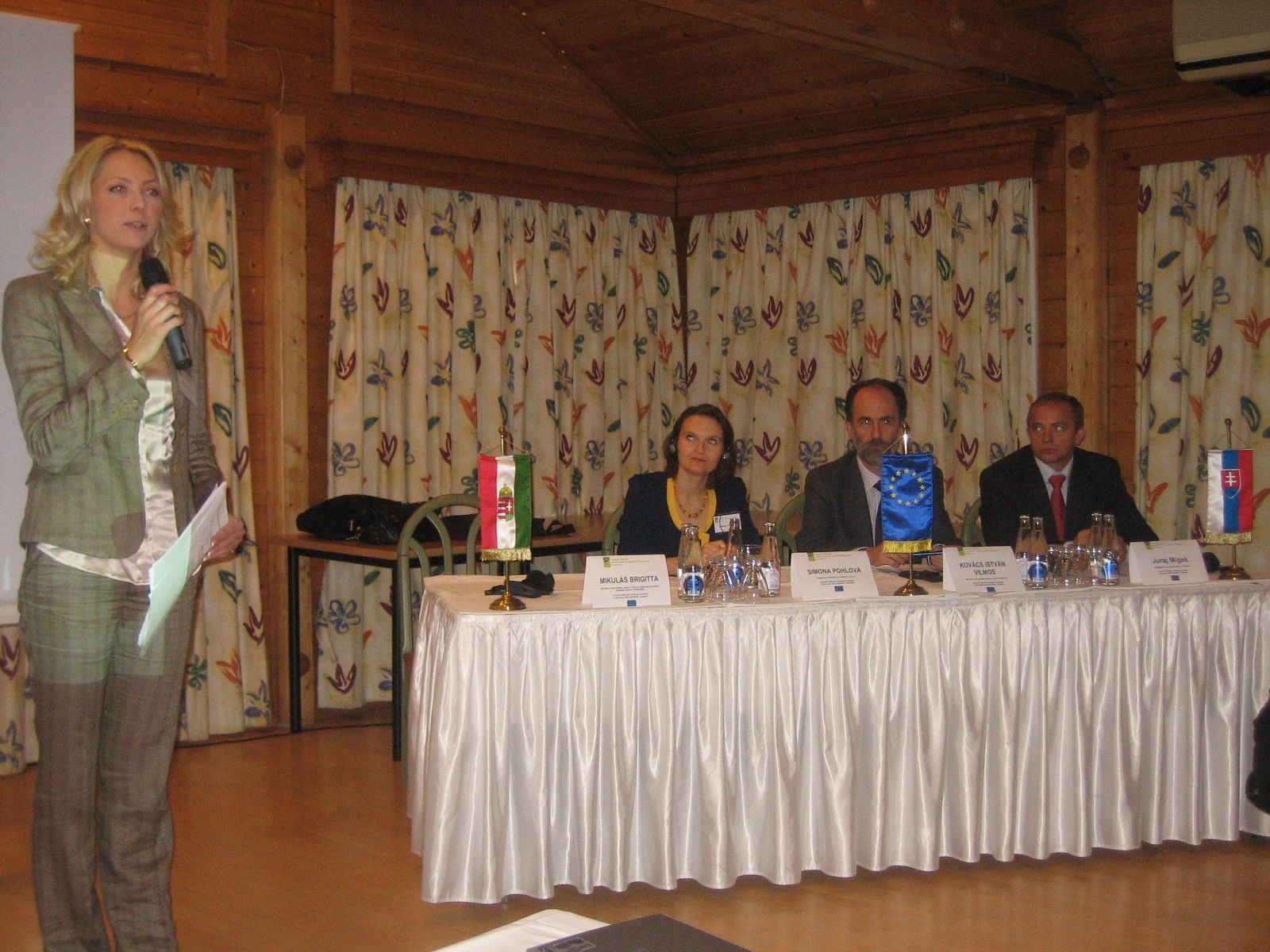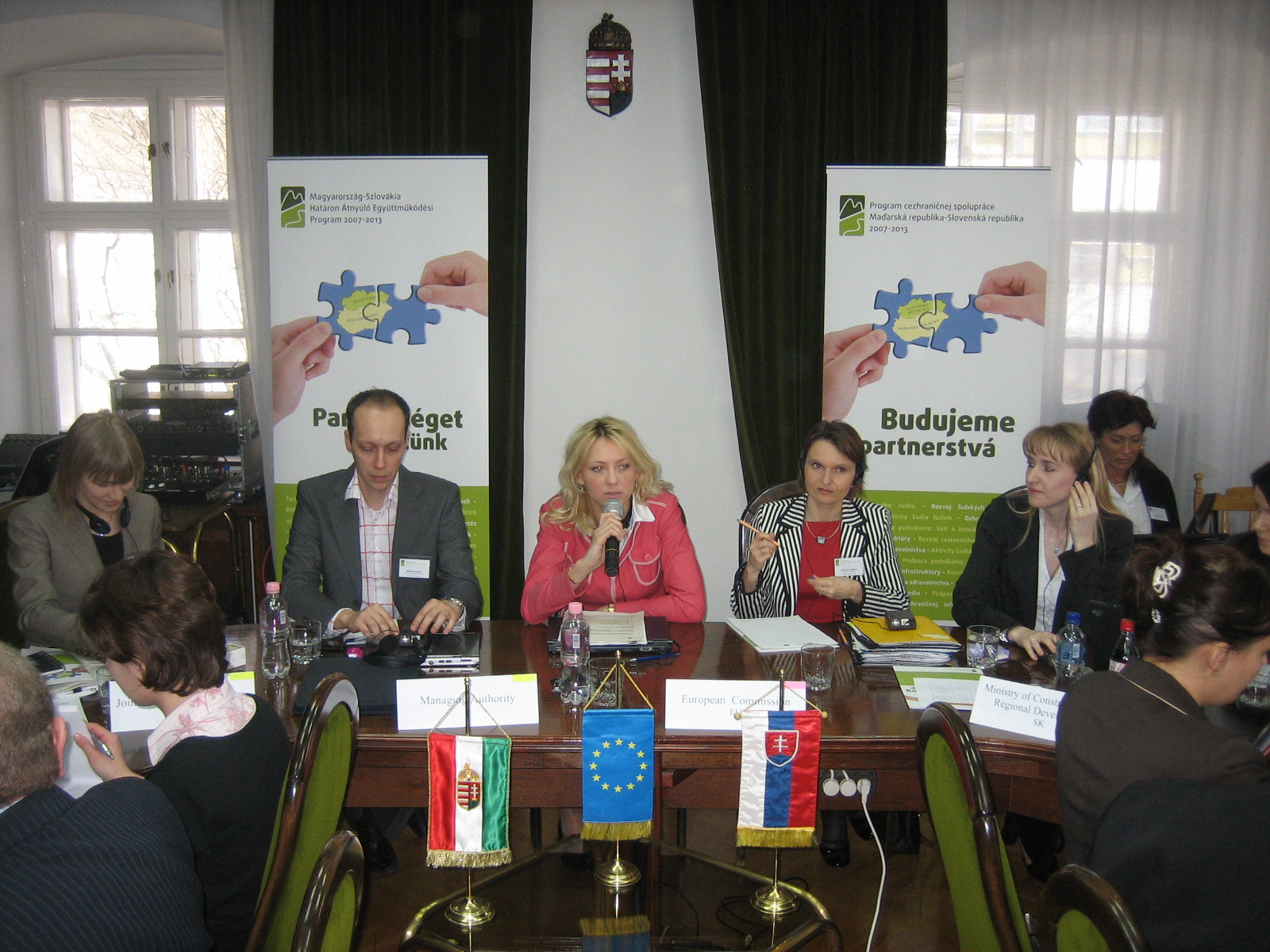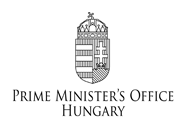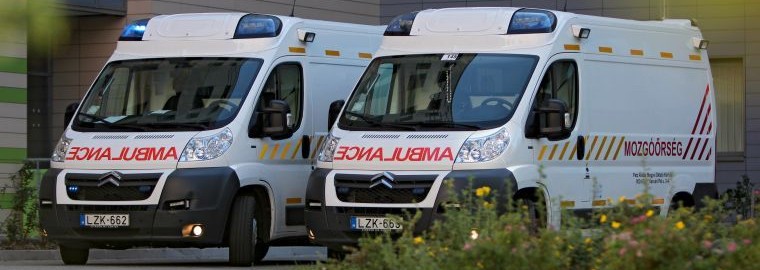Registration
Newsletternewslettersbackprint
Overview – Past and present of the programme
The life of the programme has been very busy since the very beginning. Here you can find information about the most important milestones that determine our direction.

Since the beginning of the programme there have been many tasks the Joint Technical Secretariat (JTS) accomplished. The first significant task was to recruit the members of the Secretariat so the work could take a flying start. This was an ongoing procedure, adapting to the growing number of tasks to fulfill until the first quarter of 2009. Presently there are seven of us working full time on the programme. Five programme managers Ágnes BAKÓ (HU), Arianna BIRIKI (HU), Michal KMEC (SK), Viera SLAVIKOVA (SK), Zsolt TÖRÖK (SK), one financial manager Judit BALOGH (HU) and the director of the programme Ferenc MÁRKUS (HU) run the Secretariat.
The kick-off conference of the programme took place on 27th November, 2008. Wide intrest followed the event where we could welcome as honorable guests as Juraj Migaš, the ambassdor of the Slovak Republic in Hungary, Simona Pohlová, the representative of the European Commission, Katarína Mihaľová, the colleague from the Ministry of Construction and Regional Development of Slovak Republic and Brigitta Mikulás, the head of the Managing Authority, National Development Agency in Hungary.

After preparing the necessary documents in the first few months of the operation the programme was ready to launch the first CfP in the middle of October, 2008. 246 project proposals were submitted until the deadline in December, 2008. Out of these projects 186 passed the formal check and were given to external experts for quality assessment. Completeing the compulsory examination process on the 2-3rd of April, 2009 the Secretariat organized a Joint Monitoring Committee (JMC) meeting.

The JMC is responsible for the proper operation of the programme, and this group of delegated representatives makes the decisions concerning the programme, the projects and the procedures. Among many other issues the final list of the winning projects was decided at this meeting, which was published also on the website of the programme (www.husk-cbc.eu). 106 projects have been approved and 17 concept notes got the green light to be further developed. The most popular interventions were the People to people actions and the Joint tourism development. After detailed consultations with the applicants the contracting phase will start, expectedly in June, 2009. The length of this procedure always depends both on the cooperation between the parties and the complexity of the project. Once the contracts are signed the beneficiaries may start the implementation of their projects.











